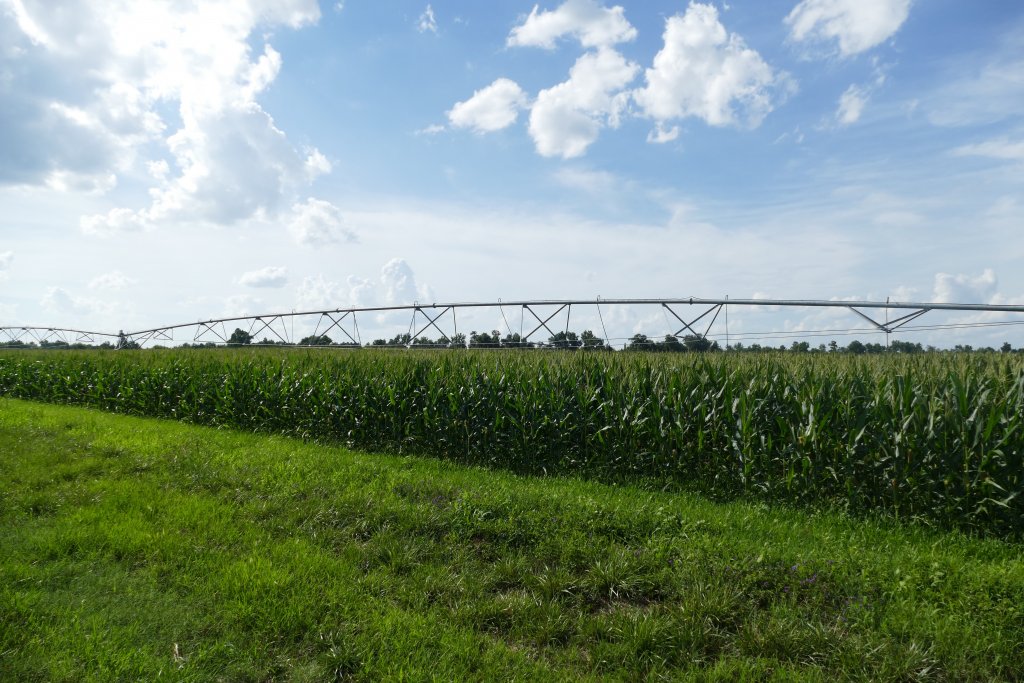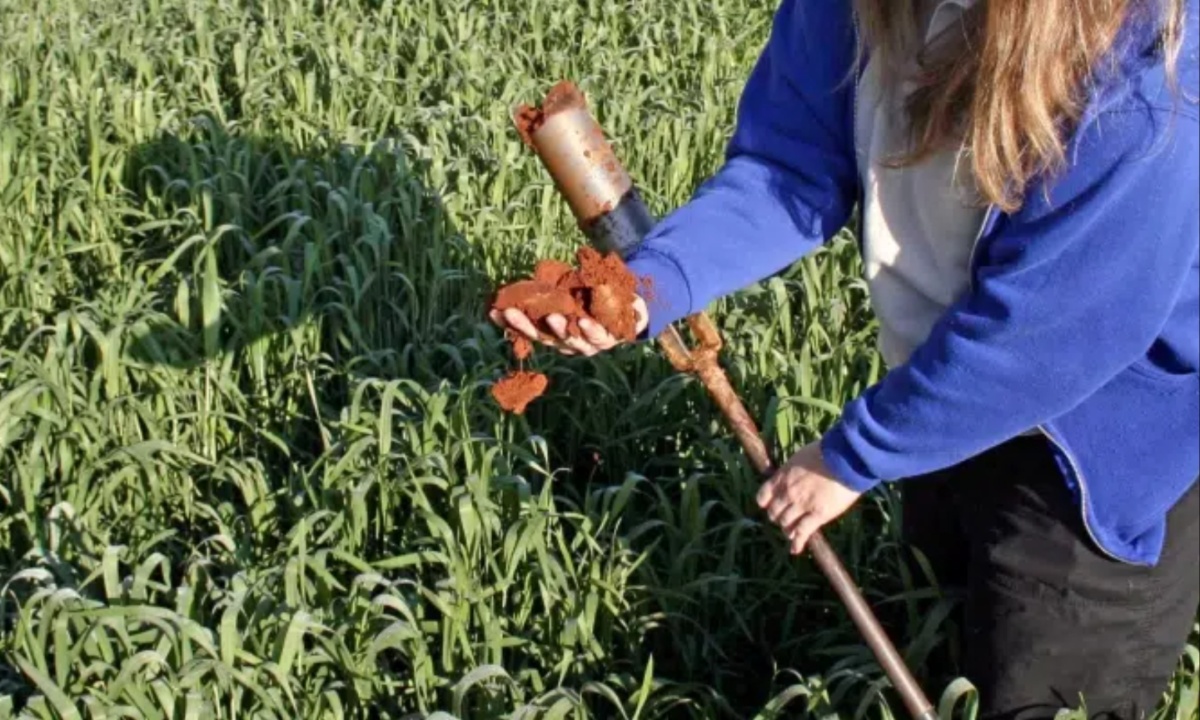Agriculture Secretary Tom Vilsack has unveiled a significant investment by the U.S. Department of Agriculture (USDA) in conservation initiatives, totaling $90 million for 53 Conservation Innovation Grants (CIG) projects. These grants are designed to foster the development of new tools and technologies aimed at enhancing natural resource conservation on private lands.
The boost in funding this year comes as a result of President Biden’s Inflation Reduction Act, which prioritizes climate change solutions, particularly focusing on cutting-edge methods to mitigate livestock emissions of enteric methane, a potent greenhouse gas.
For the past 20 years, USDA’s Conservation Innovation Grants have been instrumental in advancing conservation technologies and practices.
Secretary Vilsack emphasized that the additional funding, made possible by the Inflation Reduction Act, empowers conservation partners and supports the demand from producers seeking to engage in sustainable practices.
This funding aims to benefit not only farming operations but also rural economies and climate resilience, enhancing profitability and sustainability.

The USDA’s Natural Resources Conservation Service (NRCS) will allocate over $69.7 million for CIG On-Farm Trials and more than $20.2 million for CIG Classic projects. Secretary Vilsack announced these grants during a roundtable event in Pennsylvania focused on innovative climate strategies.
The Inflation Reduction Act, part of President Biden’s broader Investing in America agenda, includes a $19.5 billion investment over five years for USDA’s conservation programs, including CIG. This funding is directed towards local communities, helping farmers with equipment costs, labor, and implementing conservation practices.
Among the awarded projects, two are set to take place in Pennsylvania. One project aims to assist farmers in making holistic management decisions to improve nutrient management in the Chesapeake Bay watershed.
Another project will implement precision agriculture technology on dairy farms to assess forage availability and evaluate the impacts of transitioning from continuous grazing to managed grazing, providing both technical assistance and data collection.
The NRCS is committed to supporting all agricultural producers, including those from marginalized communities, who play a crucial role in maintaining a robust agricultural economy and preserving natural resources. NRCS encourages proposals from entities representing or collaborating with these communities to ensure equitable participation in conservation efforts.
The Inflation Reduction Act has also bolstered funding for other conservation programs, such as the Regional Conservation Partnership Program, which received $1.5 billion in April. Additionally, USDA plans to invest $138 million in new climate-smart conservation easements and $10 million to advance methane reduction science.
The Conservation Innovation Grants program, since its inception in 2004, has invested $541.9 million in 929 projects, including $170 million during the current administration, supporting innovative solutions for environmental challenges while promoting sustainable agriculture.
